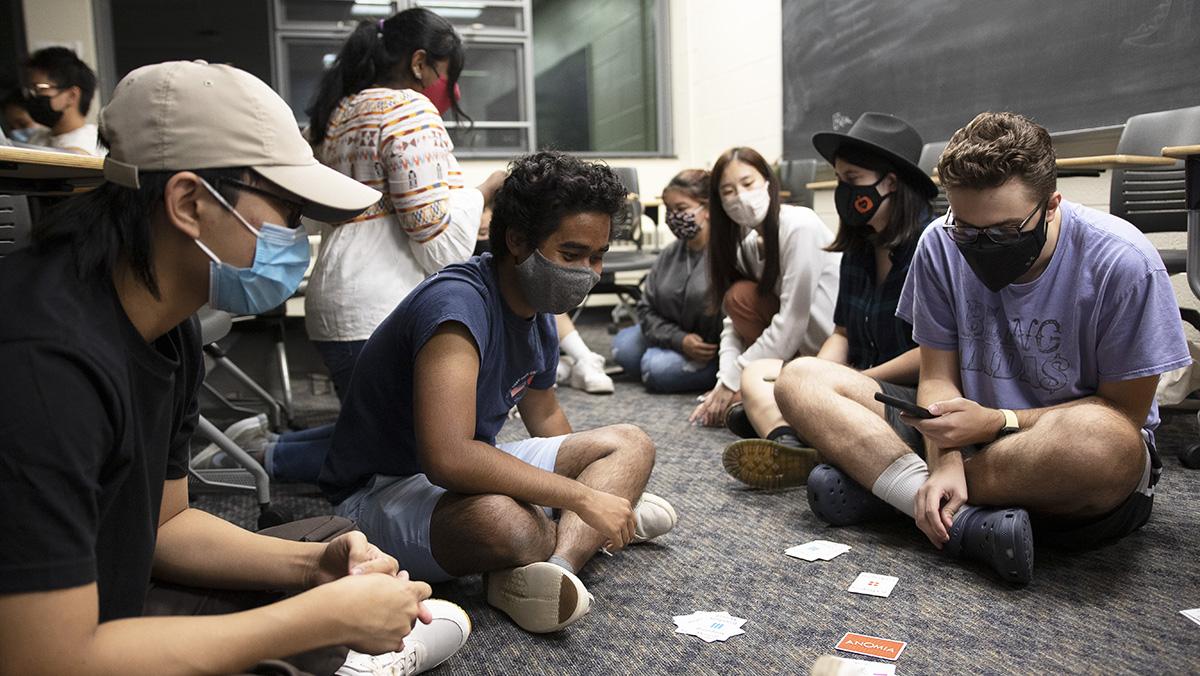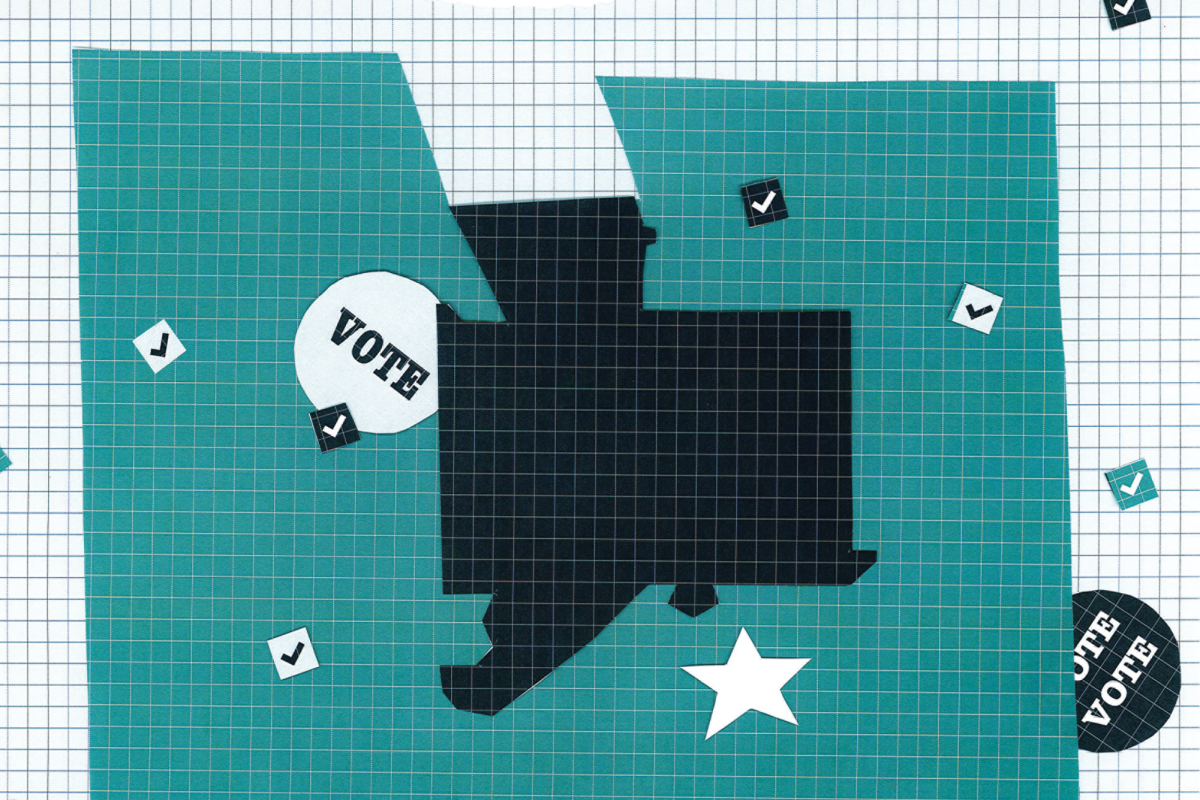Ithaca College students who were enrolled in Spring 2020 for in-person learning are entitled to financial compensation. Erik Akerman, a student at IC during Spring 2020, filed a class action lawsuit against the college on behalf of himself and other students who were unable to engage in college classes and activities as usual, but still paid tuition when the COVID-19 pandemic forced shutdowns.
The case of Akerman v. Ithaca College was filed on Dec. 12, 2023, reached a settlement agreement on Dec. 11, 2024 and was announced to students in summer 2025. Eligible students can file for compensation by Oct. 5 and receive a part of the $1.5 million settlement.
In the case, Akerman claims the college breached its implied contract with him and other students by not providing the promised educational experience. When the college shut down in mid-March, the college stopped providing an in-person and on-campus education and access to some campus services and facilities.
Akerman was the representative for himself and other students in the same circumstance through Apex Class Action to sue for a refund of tuition and fees for the respective time that IC switched to remote learning and services. Exceptions include virtual-only students, students who withdrew before March 23, 2020, students with full scholarships, college employees and anyone who opts out of participating in the settlement.
In addition to receiving a portion of the $1.5 million settlement, eligible students will also receive a one-time tuition credit of $800 for graduate school at the college — excluding physician assistant graduate programs — and a complimentary ticket to alumni weekend.
The college contests the claims made by Akerman and said in the settlement agreement and release that the students were provided with the contracted-for services, and the college did not unjustly retain any benefit from the students. After multiple rounds of settlement discussions and mediation sessions, the college agreed to the settlement but did not admit any wrongdoing or liability.
The settlement agreement and release stated the college settled to “avoid further expense, inconvenience, and the distraction of burdensome and protracted litigation, and to be completely free of any further controversy with respect to the claims that were asserted or could have been asserted in.”
Hallie Kessler ’23 said via email that she is one of the students eligible for compensation. She said she believes that the college should take accountability.
“I do feel that myself and other students deserve some form of compensation from Ithaca College,” Kessler said. “For a very long time, it felt like there was no communication between the college and its many students. … My learning experience in March 2020 was nothing like I thought I would experience as a student at my dream school.”
Tim Downs, senior vice president for Finance and Administration and chief financial officer, said the money for the settlement is coming out of the college’s cash and reserves, which are used to make sure the college does not have any issues with paying bills or making payroll. The cash and reserves total to about $100 million. He said the college’s latest financial projections will not be changed as a result of the settlement.
“Right now, we’re using some of [the cash and reserves] for our operating losses,” Downs said. “They can also be used for things like capital if we need them to make improvements on the campus and they’re also precisely for items like this when there are unanticipated or unexpected needs that arise.”
The amount of money each student involved will receive is proportionate to the net amount of tuition and fees paid for Spring 2020 divided by the total net amount of tuition and fees that all students paid for Spring 2020. Any financial aid from the college, grants or other tuition and fee reductions will not be counted. Downs said the settlement amount cannot be increased to more than the agreed amount.
“My understanding is there will be a framework how much everyone will be eligible for,” Downs said. “Within that set amount of money, they get to pay the lawyers and then the settlement out to everyone that’s eligible for that money and whatever doesn’t get dispersed comes back to us, so we will get a record at the end that shows how much was dispersed and to who.”
Kessler said that receiving any form of financial compensation would help her.
“I have tens of thousands of dollars to pay off in student loans, primarily from my time at Ithaca College,” Kessler said. “It often feels unfair that I’m stuck paying off loans for such a compromised college experience. Financial compensation to all students affected by their actions would be a reasonable place to start.”
Similar class action lawsuits have been filed against other institutions of higher education, including Molloy University, University of Rochester, Carnegie Mellon University, Cornell University and more. Emily Rockett — vice president, general counsel and secretary to the Board of Trustees — said there was a first wave of similar cases closer to 2020, many of which settled.
“This is not unique to Ithaca College,” Rockett said. “This is one of many, many similar claims brought against colleges and universities that were in the same circumstance at a point in time.”
The case has a fairness hearing scheduled for Oct. 28, which is held to ensure that all of the students are treated equitably. If any student believes the settlement is unfair, they can present their objections during this hearing if approved in advance to speak. Rockett said the hearing is different than other fairness hearings because it is a class action lawsuit, so the large number of students represented do not have much input on the litigation strategy.
“It’s fairly rare that class actions get derailed at a fairness hearing,” Rockett said. “The judge has already had an opportunity to look at it, see if it’s fair and give what’s called preliminary approval, which has happened in this case.
”Notices about the case will be sent to students and families via Apex Class Action. Eligible students must object, participate or opt out by Oct. 5. Students who attend the hearing will not be permitted to speak unless the court is notified in advance of the fairness hearing.















